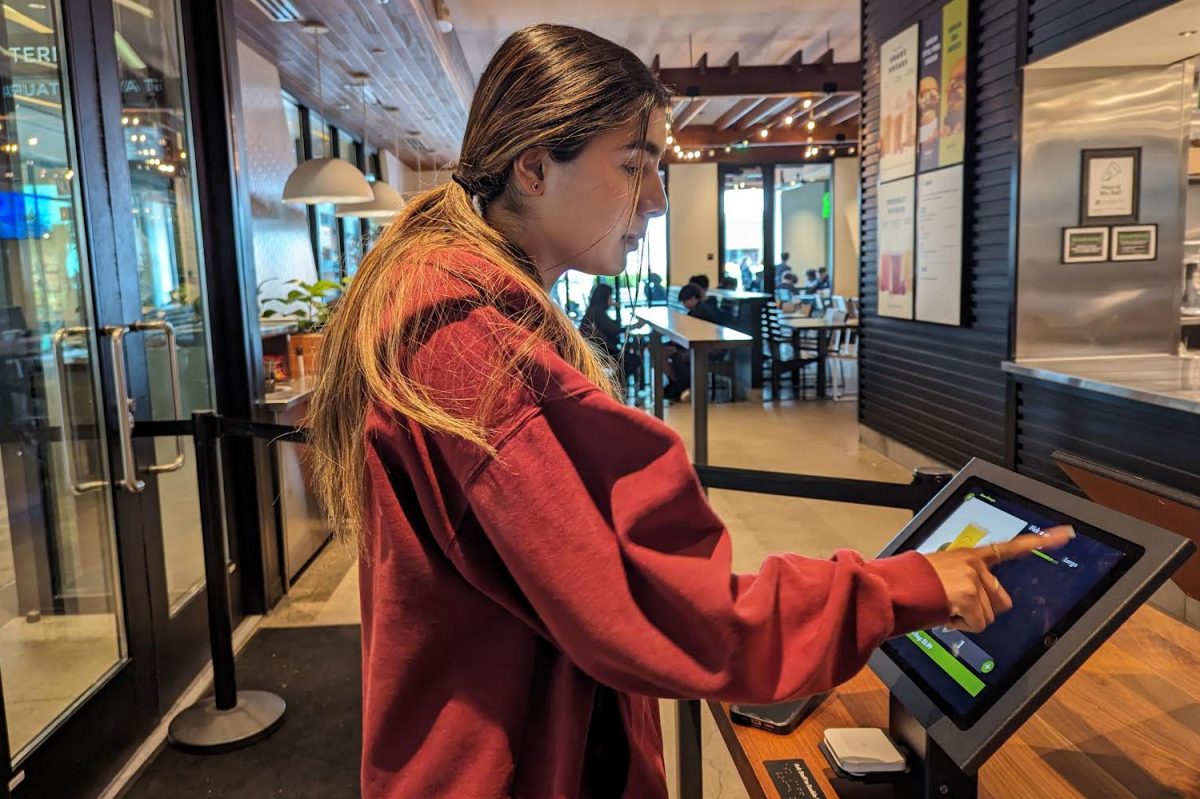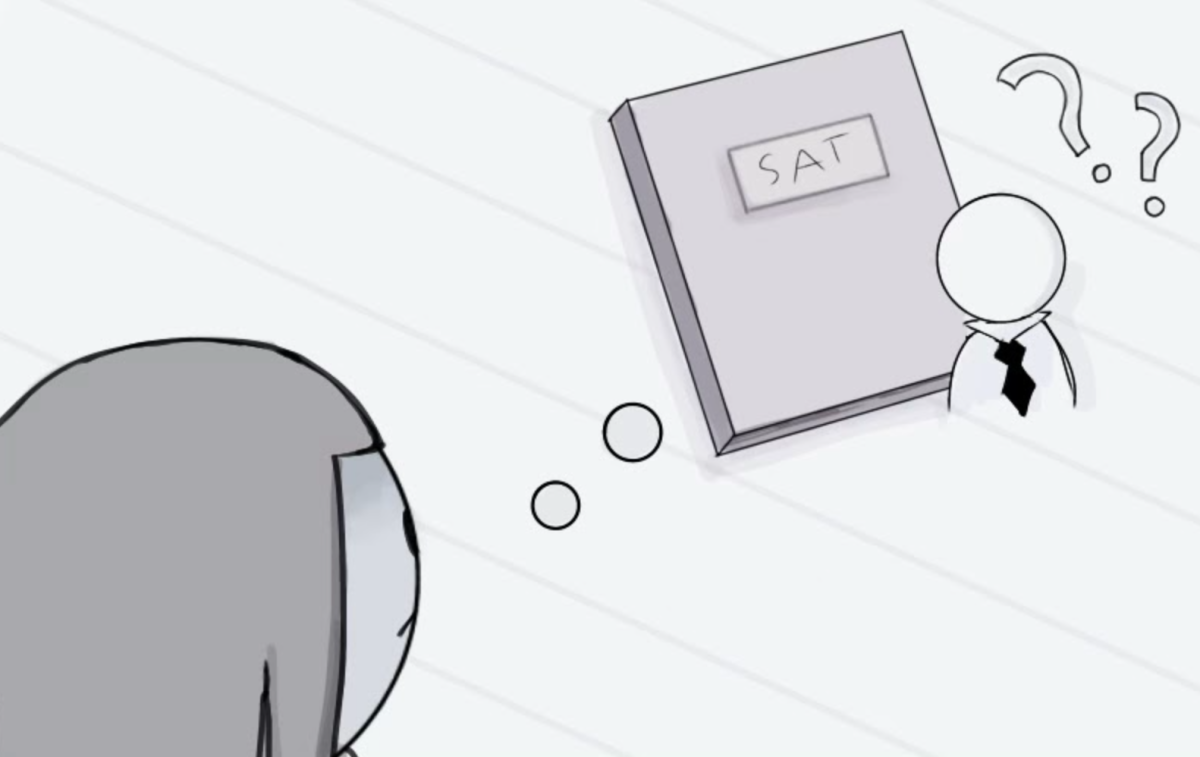Using ChatGPT to write essays destroys academic development.
Released in Nov. 2022, the artificial intelligence chatbot known as ChatGPT has taken center stage for its limitless capabilities.
Artificial intelligence, at its core, is a system of algorithms that predict an outcome given a set of guidelines. ChatGPT, in particular, uses artificial intelligence to mimic a conversation, thus giving the appearance of a human voice. With further use of the bot and providing parameters for its response, the chatbot could create infinitely different responses to any given question.
These limitless capabilities of the bot have taken away the challenge of academic writing as now students can use online resources to write free-response assignments for them.
Generally, in English class, students are given open-ended questions to interpret and answer in their own words in essays or short paragraphs. Nevertheless, inputting the prompt into ChatGPT results in a disingenuous interpretation that a student can pass off as their own.
By doing so, students risk violating the academic integrity policy. Carlmont High School’s Academic Integrity Policy states, “Plagiarism is a form of academic dishonesty in which an individual submits or presents the work of another person as his or her own.”
I, a college history professor, input one of my midterm essay prompts in ChatGPT, and the paper it produced would earn an F. Probably an F- if that’s possible.
— Jaqueline Antonovich
While it can be argued that using ChatGPT to write a complete essay would be considered plagiarism because the student is directing the bot to write the essay, it still brings a detriment to academic development in a similar manner to copying math homework off a friend.
When you copy homework, you choose not to think about the problem and consult notes to find your solution. Instead, you copy someone else’s work to get a similar result.
Using ChatGPT will have the same effect where students don’t develop their claim, argument, or reasoning and leave it up to the automatically generated text that a chatbot gives them for free.
Some may argue that ChatGPT cannot produce an essay capable enough to be coherent essay good enough to receive a good grade in a course. Assistant Professor of History at the Muhlenberg College in Pennsylvania, Jaqueline Antonovich, tweeted: “I, a college history professor, input one of my midterm essay prompts in ChatGPT, and the paper it produced would earn an F. Probably an F- if that’s possible.”
Despite the inherent risks of quality and grade impact, it has not stopped students from harming their futures because schools have already begun implementing ways to detect the usage of chatbots like ChatGPT in their online submission programs.
Programs such as plagiarism checker, Turnitin.com, have begun using apps like the newly developed GPTZero to determine if ChatGPT writes a submission.
Nonetheless, because of the nature of innovation, it only takes a cursory search on the internet to find ways to turn an AI-generated text into something that could pass by GPTZero. Thus the problem resides in the mindsets of our future students.
Ultimately, ChatGPT has become a problem in our education system. In an era with near limitless digital resources in the form of online databases, grammar checkers such as Grammarly, and even sites that cite our sources for us, ChatGPT has taken away the purpose of a free response question.
Students who used to toil over a well-thought-out response to an essay question can now copy and paste a prompt to receive a written response. Students now lose the chance to create thoughtful and concise answers by doing so. As they develop into adulthood, they could struggle in the workforce without the crutch that ChatGPT provides.















